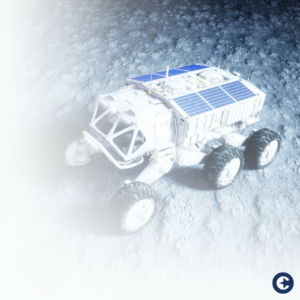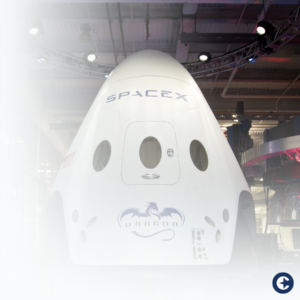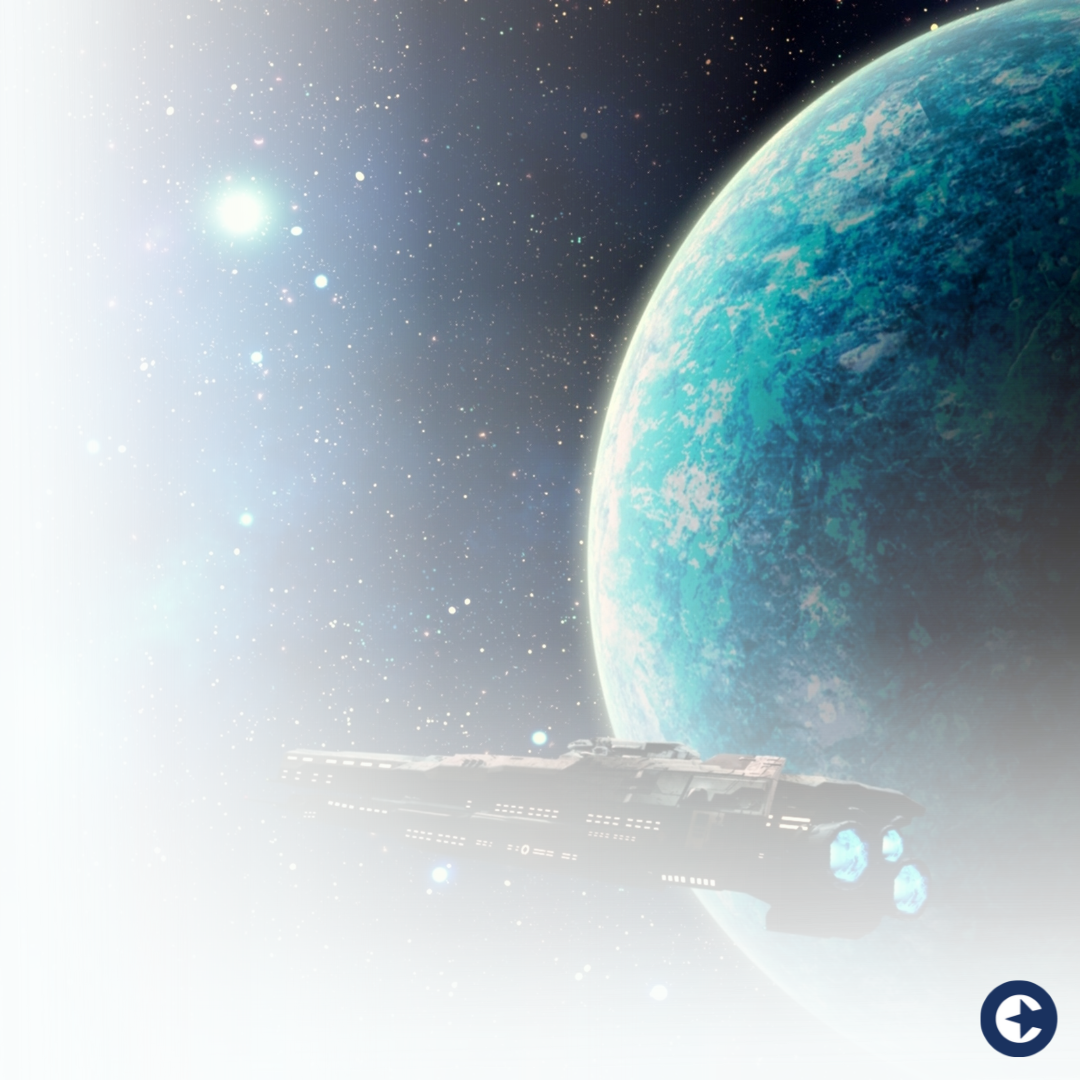Introduction: National Space Exploration Day, observed on July 20th, is a day to commemorate humanity’s remarkable achievements in exploring the cosmos. From the first moon landing to ongoing missions to Mars and beyond, space exploration has captivated our imagination and expanded our understanding of the universe. In this blog, we delve into the significance of this special day, the impact of space exploration on science and technology, and the endless possibilities it holds for the future.

A Historic Milestone: The First Moon Landing On July 20, 1969, NASA’s Apollo 11 mission achieved one of the most significant milestones in human history – landing the first humans on the moon. Astronauts Neil Armstrong and Edwin “Buzz” Aldrin stepped onto the lunar surface, while Michael Collins orbited above in the command module. This momentous event not only demonstrated human ingenuity and determination but also opened a new era of space exploration.
Advancements in Science and Technology Space exploration has brought about remarkable advancements in science and technology. The research conducted in space has led to breakthroughs in various fields, including medicine, materials science, and telecommunications. Technologies developed for space missions have also found applications in everyday life, enhancing the quality of life for people worldwide.
Understanding Our Universe Space exploration has provided us with valuable insights into the universe’s mysteries. By studying distant planets, stars, and galaxies, scientists have gained a deeper understanding of our place in the cosmos and the forces shaping our universe. These discoveries continue to fuel our curiosity and inspire future generations of scientists and explorers.
Unraveling the Origins of Life Missions to Mars and other celestial bodies aim to uncover clues about the origins of life in the universe. By studying planetary geology, searching for signs of water, and investigating the potential for microbial life on other planets, scientists are working to answer one of humanity’s most profound questions: are we alone in the cosmos?
Inspiring Future Generations Space exploration ignites the imaginations of people young and old, inspiring countless individuals to pursue careers in science, technology, engineering, and mathematics (STEM). Through educational programs and outreach initiatives, space agencies and organizations nurture the next generation of scientists, engineers, and astronauts, ensuring a bright future for space exploration.
International Collaboration Space exploration is a testament to the power of international collaboration. Countries around the world join forces to conduct ambitious space missions, sharing knowledge, expertise, and resources to achieve common goals. This spirit of cooperation showcases the potential for peaceful and productive global partnerships.
The Future of Space Exploration As technology continues to advance, the future of space exploration holds boundless possibilities. Missions to explore the outer reaches of our solar system, search for exoplanets, and develop sustainable habitats in space are just some of the exciting prospects on the horizon. With private companies also entering the space race, space exploration is poised to enter a new era of innovation and discovery.

Conclusion: National Space Exploration Day serves as a tribute to the audacious human spirit that propels us to reach for the stars. From the first moon landing to ongoing missions to distant planets, space exploration has reshaped our understanding of the cosmos and our place in it. As we celebrate this day, let us marvel at the achievements of the past, embrace the wonders of the present, and look forward to the incredible journey that lies ahead in the exploration of space.



